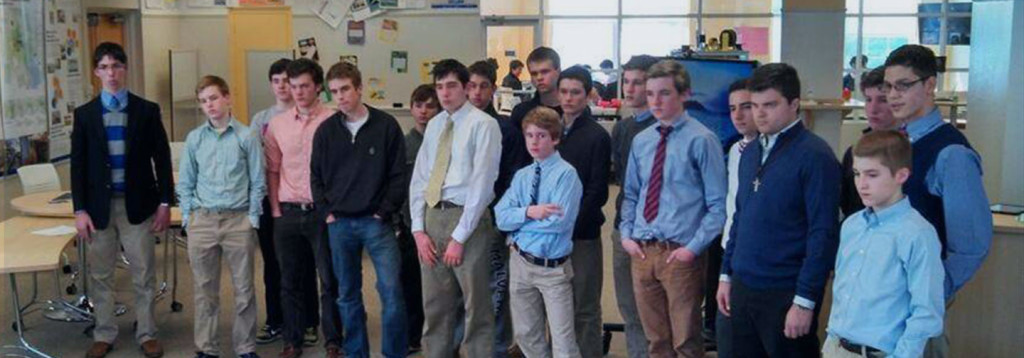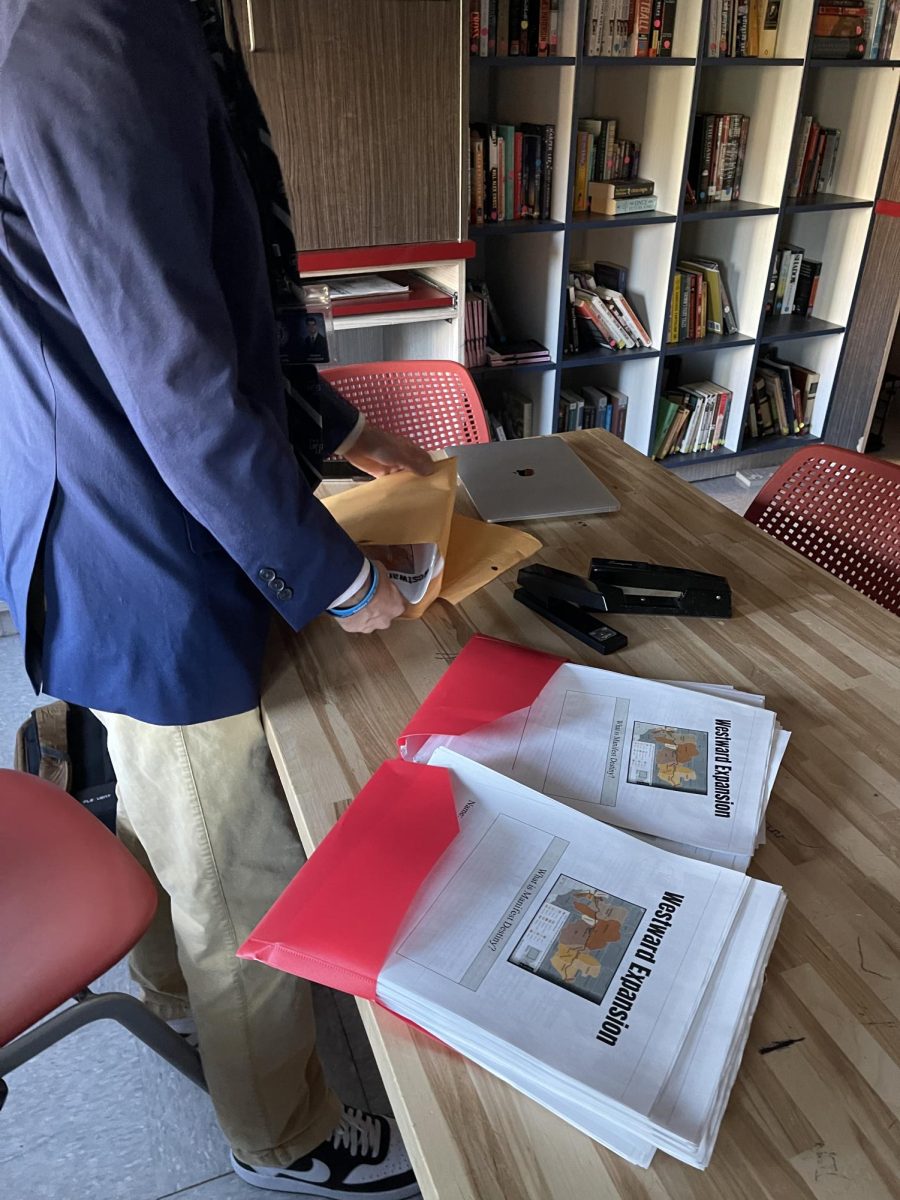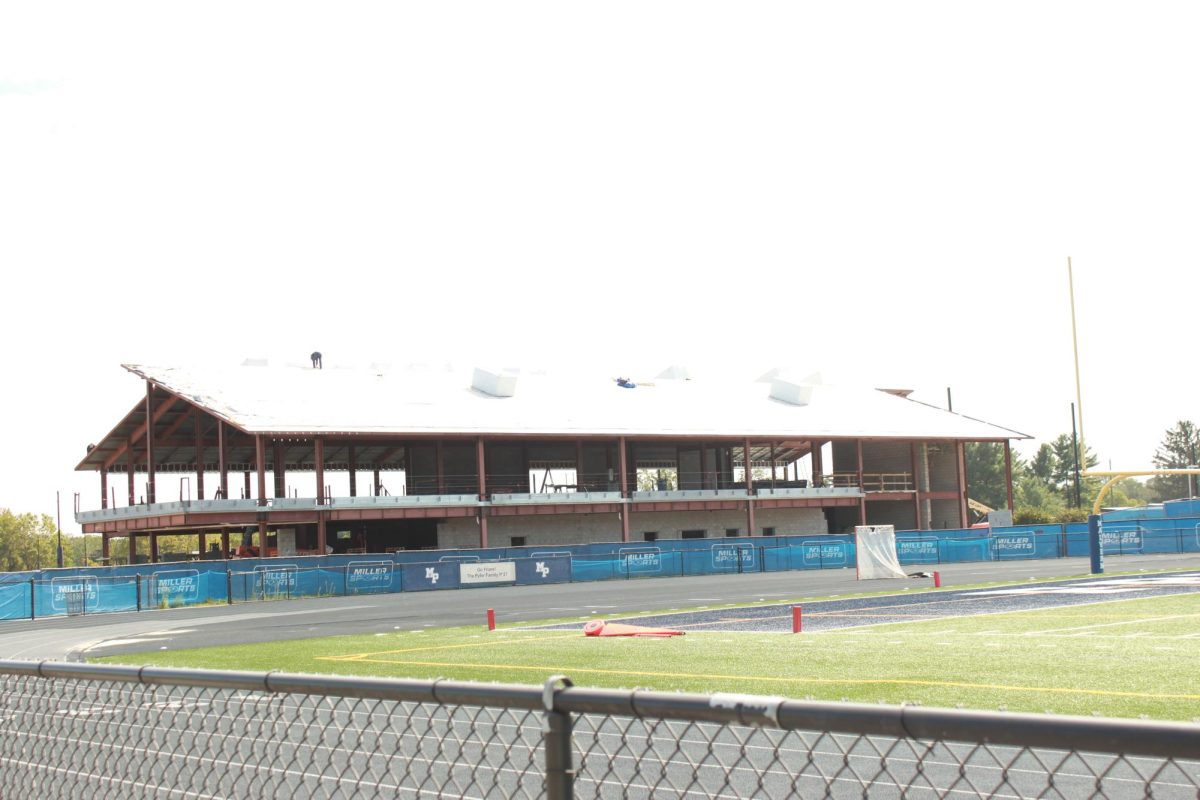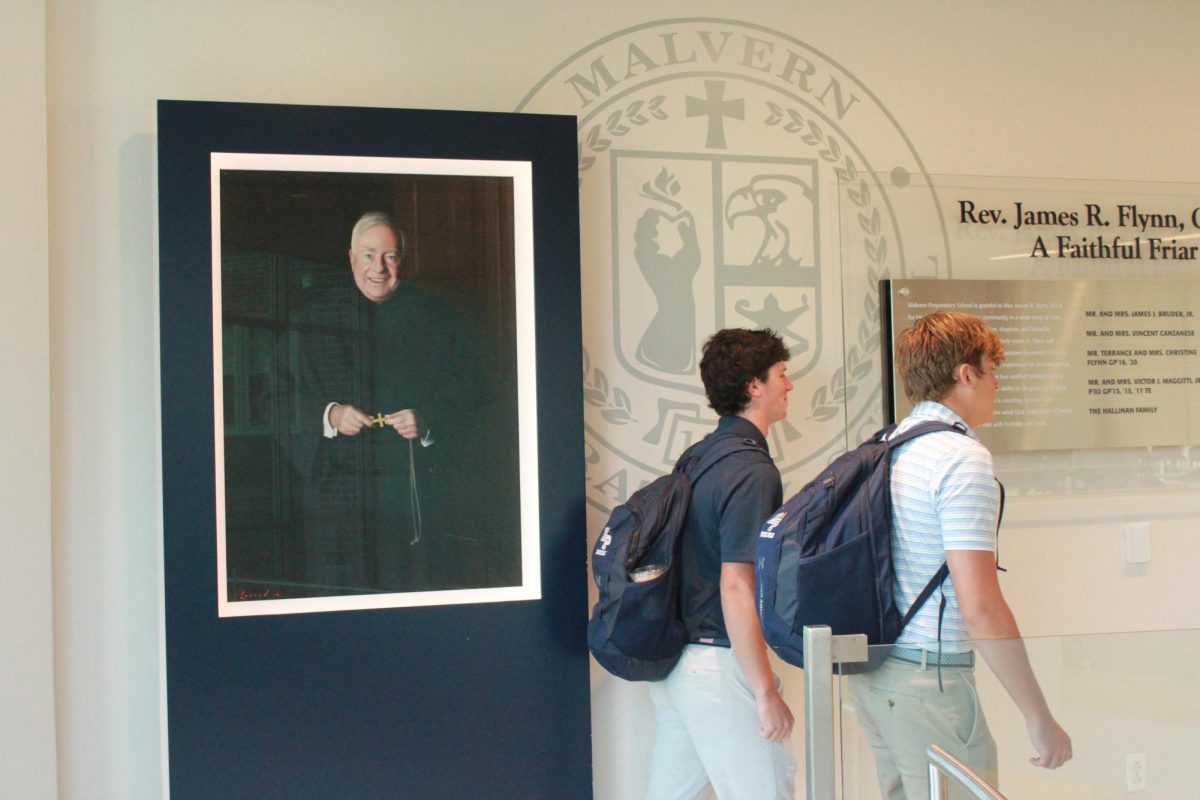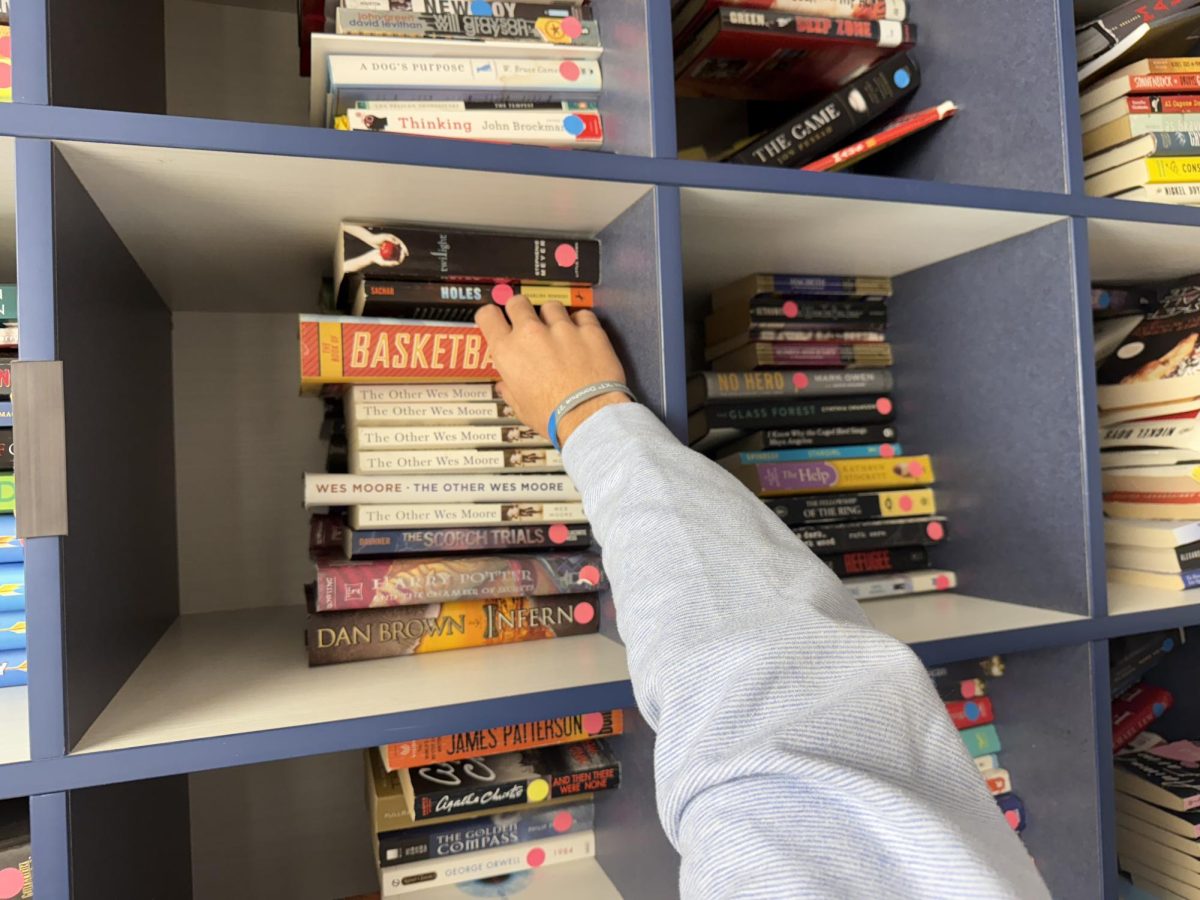Wonder why many students were out of school for two days in February? They were diving into a prototype experiment.
Many in the Malvern community had heard about the ‘scheduling camp’ taking place during the school days of February 25-26, but many, including those involved, had no idea of what to truly expect. This Prototype Camp was an experiment designed to see how students, specifically Malvern students, performed under different learning conditions, teaching methods, and collaborative techniques. Over the course of two days, students learned information about trying to think outside the box and make a positive impact, concluding with a final presentation.
Originally, students, including the participants, were skeptical about what exactly the prototype camp was designed to accomplish. Brendan Stec was optimistic. “I thought it was a good idea to test something out before initiating it.”
The prototype camp was run by Christian Long and Trung Le, designers from The Third Teacher Plus who are working with Malvern, who acted as the ‘peer teachers’ for the prototype camp. It started in a lesson about creating an ideal wallet for a partner. The key was not to create something easily created, but to connect and have empathy and create something designed specifically for a partner that serves them in the best way possible.
“Initially I was frustrated because I didn’t know what to do,” says senior Brendan Hallinan. “But eventually I really benefitted from the learning style.”
The biggest difference between the learning style of the camp and a normal classroom setting was the way in which the information was given to the students. Rather than taking detailed notes or watching a long PowerPoint, a short video was shown and discussed quickly, brushing over the important topics. The deeper learning was left up to the students to figure out for themselves.
One way the students did this was the final presentation. The details were stated that it must: impact Malvern in a positive way, reach outside of 50 miles from Malvern, and promote a fundamental idea of Malvern. The students were told they were presenting at a specific time to an audience, and told to start working.
Using an entirely different learning style than what most teachers at Malvern use was a new experience for the students. Talking and experimenting together was the most beneficial in this setting because at the outset the more ideas that were floating through the air the easier it would be to pin one down.
The fundamental ideas of Malvern that the projects focused on included Brotherhood, giving students a voice in their school, spreading the values of unitas, veritas, and caritas, and giving the ‘Malvern experience’ to others. After much deliberating, consulting, lightbulb moments between the groups and group members, the projects were ready for presentations.
The students from grades 9-12, standing in front of parents, faculty, and administration, were given 15 mins to present an idea they were given only two days to prepare, something Christian Long said, “could take two months for a professional in the business world.” However, the presentations were a success.
The proposed ideas to ‘make a positive impact’ with the help of Malvern included creating satellite schools around the country that try to instill the same values, creating a week-long process of students trying to better Malvern, and creating a tutoring program with other schools. Students were enthusiastic, parents asked insightful questions, and the presentations were well received.
This simple two-day prototype camp is further evidence that new styles of learning can work. Hopefully Malvern can take this example and build upon it for future plans.


